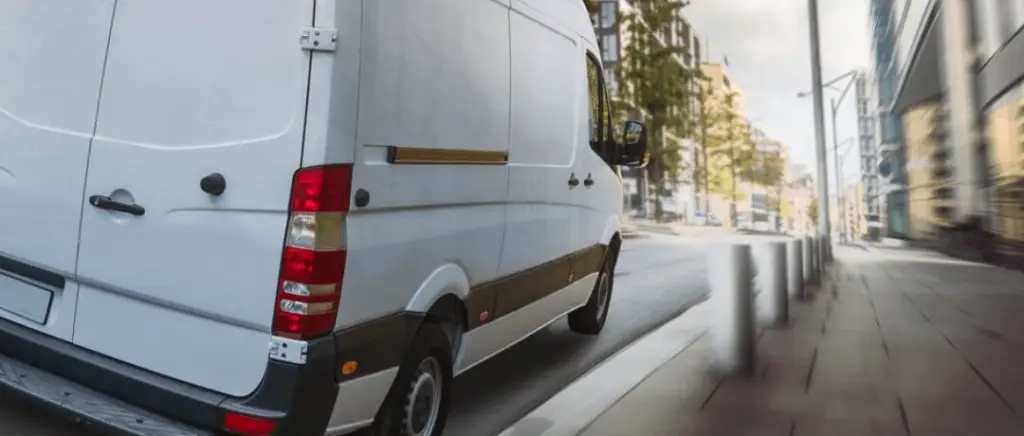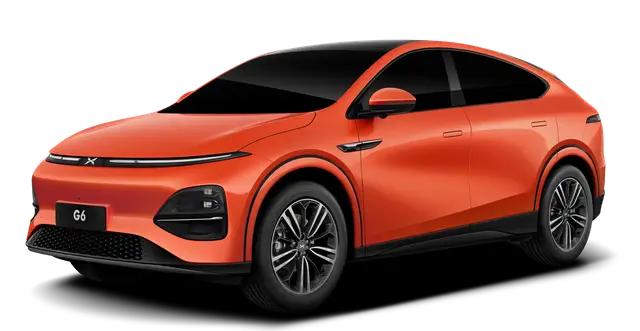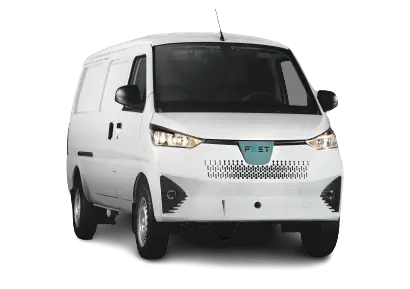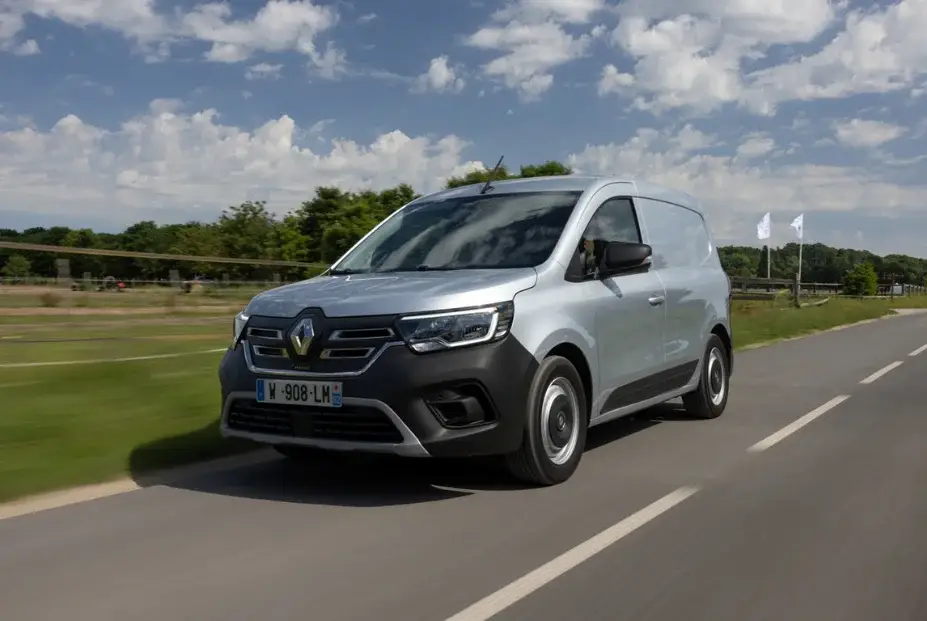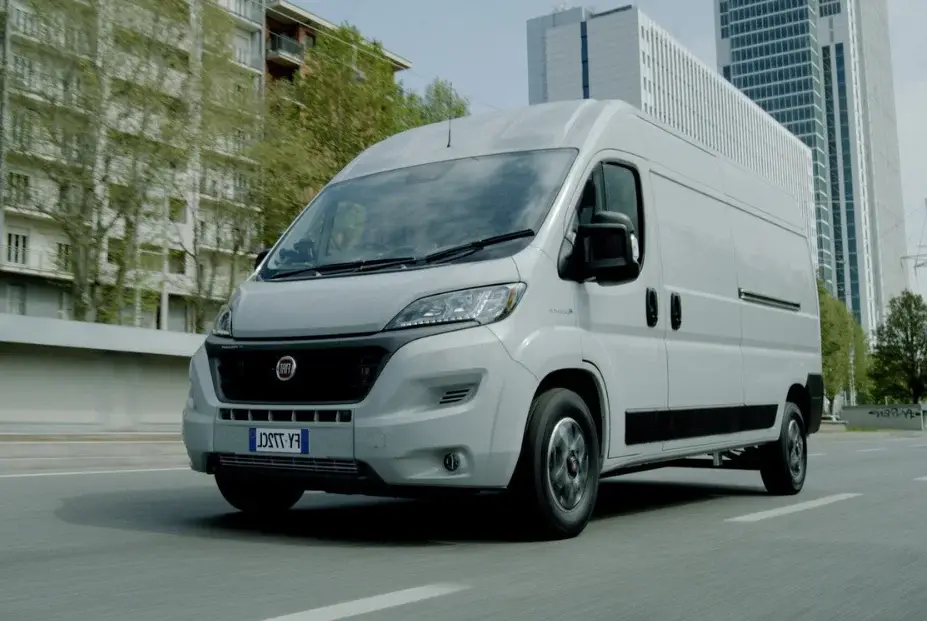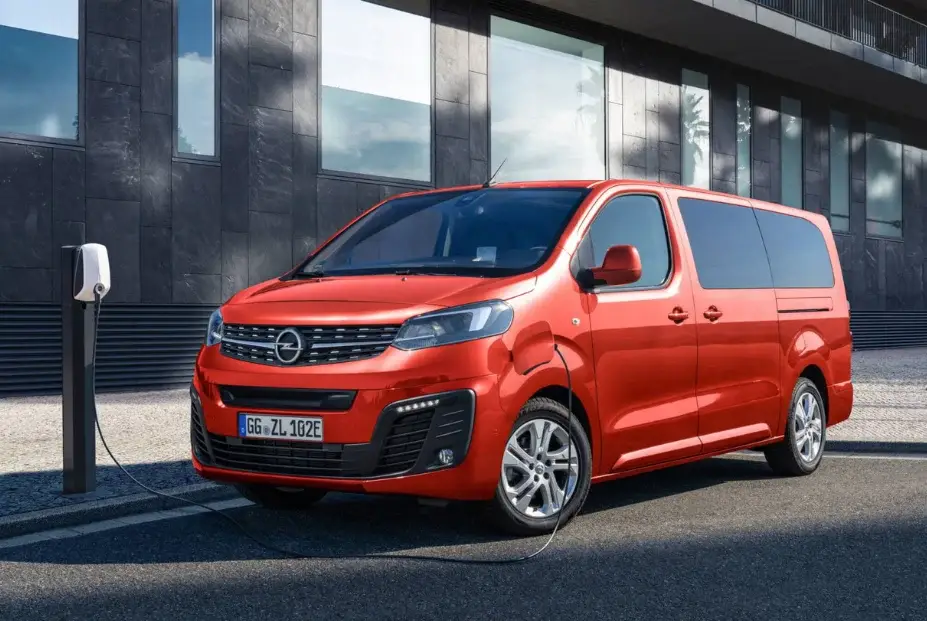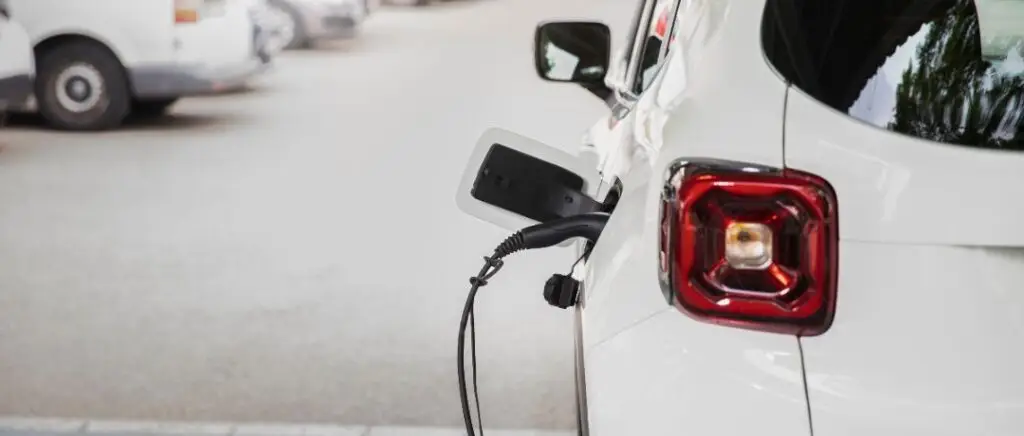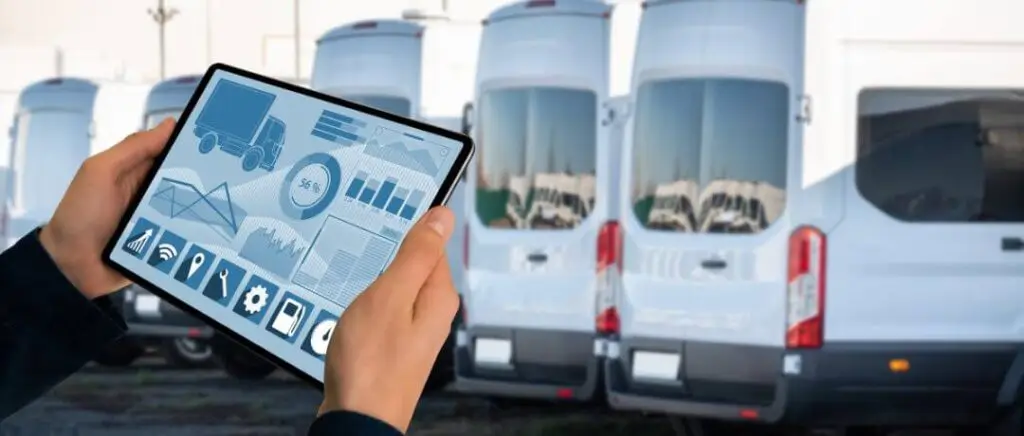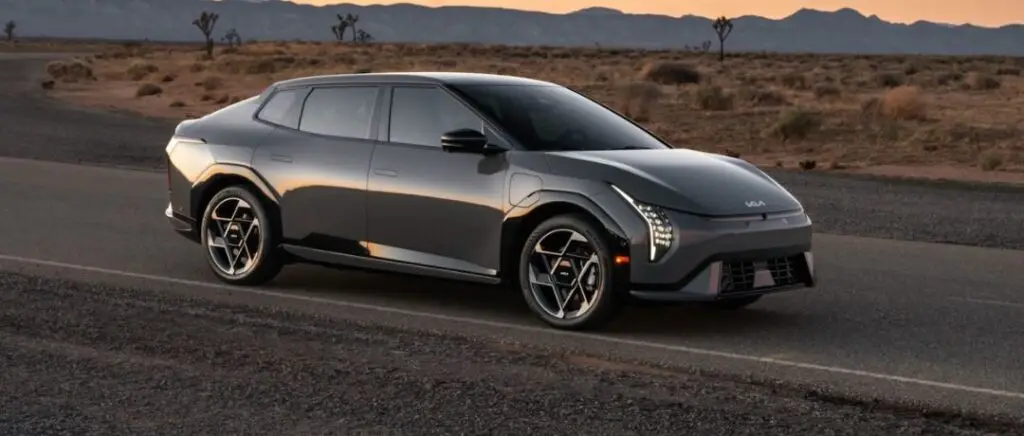Last-mile logistics: definition and challenges for companies
Last-mile delivery refers to the process of transporting goods from the distribution center to their final destinationusually the consumer's home. It's a key element of the online shopping experience, and perhaps a determining factor in consumer satisfaction.
It represents 20% of the total cost of the delivery chain. To take one example, Amazon has conditioned consumers to want free, fast delivery in two days or less, putting pressure on competing companies to offer expedited shipping options and step up their last-mile work. It's no longer a secret that drivers, and especially companies, are increasingly attracted to electrification of their vehicle fleets. Benefits such as the environmental bonus or the conversion bonus encourage them to take the plunge. So it's clear that in major cities like Paris and Lyon, for example electric vehicles are increasingly used for deliveries (parcels, goods, etc.).
Also read ⇒ Electric vehicle fleet: the complete guide
Electric cars in the workplace
Deliveries have a significant environmental impact, 25% of greenhouse gas emissions. Transport accounts for 31%. Not insignificant statistics.
For companies, having electric vehicles in their vehicle fleet can offer numerous advantages for last-mile logistics. Here are just a few examples:
- Low running costs: electric electric vehicles have lower operating costs than gasoline-powered vehicles, especially when it comes to fuel and maintenance costs.
- Low greenhouse gas emissions: electric vehicles produce 63% fewer CO2 emissions than combustion-powered cars which can be advantageous for companies concerned about their carbon footprint.
- They produce no noise during operation, a significant advantage for delivery in noisy urban areas.
- Low maintenance: electric motors require less maintenance than gasoline engines, which can significantly reduce servicing costs and increase vehicle availability.
Also read ⇒ How to maintain your electric car?
Access to restricted delivery zones: electric electric vehicles may be authorized to access certain delivery zones that are off-limits to gasoline-powered vehicles due to air pollution restrictions.
Consumers, aware of and demanding a better customer experience
A study by Fevad (Fédération e-commerce et vente à distance) shows significant growth in e-commerce sales. 129 billion eurosrepresenting an increase of 15% by 2021. This is largely due to the health crisis. French habits have changed, and ordering over the Internet has become commonplace.
What's important in last-mile delivery is that it be done efficiently and reliably, to avoid any inconvenience (e.g. delays, delivery errors). There's also the anxiety of not being delivered on time, especially during key periods such as holidays, birthdays and Christmas.
For international orders, delivery times are sometimes longer. And if the customer hasn't necessarily checked the shipping details, they may be surprised by how long they have to wait for their parcel to arrive at home. Real-time parcel tracking makes it easier to be informed and patient. Many companies use real-time tracking technologies to keep precise track of each delivery and communicate with consumers on the status of their order. These solutions, known astrack and trace are online tools that track the shipment and reception route in detail, using a universal tool that centralizes data from numerous courier and transport companies in one place.
Offering different delivery options to suit consumer preferences and needs, such as home delivery, point of collection or in-store delivery, is also fundamental. Finally, it's crucial to ensure that parcels are delivered safely and in good condition, to guarantee consumer satisfaction. Customers no longer hesitate to order more and more. They are also increasingly concerned about environmental issues, and more and more are sensitive to global warming, in fact, it is the number one concern of the French, especially young people (64%)according to a study byADEME conducted in 2019. Customer satisfaction no longer depends solely on short delivery times. According to the same LSA study, 8 % of French people surveyed have already tried eco-responsible delivery. This figure rises to 19 % for the most regular of them, who have their goods delivered at least once a week.
The French are therefore demanding when it comes to customer satisfaction.
But they are also increasingly aware of the issues surrounding global warming. They want to take action. For carriers, there are solutions to add value in this low-carbon delivery segment. They can opt for electric vehicles. This is particularly relevant for last-mile logistics in dense urban areas. Indeed, road traffic is one of the causes of fine-particle emissions. All these factors are good reasons to opt for electric commercial vehicles.
The last-mile challenge for professionals
The main challenge of last-mile delivery is that delivery drivers carry many small parcels to many different addresses, creating more stops, more complicated routes, more idle time and more time on the road for drivers than in any other phase of the shipment. Not to mention the fact that companies need a large fleet of drivers to deliver sometimes only a small number of parcels, due to the time required to deliver a single parcel.
For the company, last-mile delivery is important, as it can have a significant impact on the final customer experience. If delivery is carried out quickly and efficiently, it can help boost customer satisfaction and loyalty. On the other hand, if delivery is delayed or if there are transportation problems, this can lead to complaints and frustration on the part of customers. So it's important for the seller to implement an effective last-mile delivery strategy to ensure that products are delivered quickly and in good condition. This can include using different means of transport (e.g. delivery vehicles, bicycles, drones, etc.), setting up real-time tracking systems and collaborating with reliable third-party carriers.
Commercial vehicles: 100% electric delivery
Already used by many companies for their last-mile deliveries, these electric commercial vehicles are helping to reduce emissions in urban areas. Let's take a look at the specific features of three electric vehicles in the LCV range.
Renault Kangoo Van E-Tech
The Renault Kangoo Van E-Tech is an electric van designed for professionals. It is equipped with a lithium-ion battery of 36 kWh lithium-ion battery lithium-ion battery, giving it a range of up to 270 km according to the WLTP homologation cycle. It is powered by a 100 kW (136 hp) electric motor which enables it to reach a top speed of 135 km/h. It's perfect for city deliveries, thanks to its urban agility, tight turning radius and small size. Side and rear opening doors make loading and unloading easy. Available in two versions, Renault standard version, which can accommodate up to 3 passengers and a load volume of up to 4,6 m³and the Maxi version, which can accommodate up to 5 passengers with a load volume of up to 6 m³.
Long-term rental: €558 excl. tax (37 months / 25,000 km per year)
Fiat e-Ducato
The Fiat e-Ducato is an electric light commercial vehicle. This electric version of the gasoline-powered Ducato is aimed at professionals who want long range and a host of advanced technologies for safe, comfortable driving. The model from Italian brand model is powered by a 136 hp electric motor. Its 47 kWh lithium-ion battery gives it a range of around 235 km and 370 km for the 79 kWh version. The e-Ducato is available in three different lengths and heights, with a useful volume of 10 m³ to 17 m³ and a payload of up to 1900 kg, so you can choose the model best suited to your business needs.
Long-term rental: €695 excl. VAT (60 months / 10,000 km per year)
Opel Vivaro-e
The Vivaro-e is suitable for use in both urban and rural environments, and is ideal for businesses that need a reliable, efficient vehicle to deliver goods or transport passengers. It has a range of up to 330 km on a single charge and a payload capacity of up to 1,226 kg. Engine-wise, Opel equips its Vivaro-e with a 100 kW electric motor and a 50 kWh battery.
Long-term rental: €590 excl. tax (49 months / 25,000 km per year)
How to improve last-mile logistics
It's obvious that for any company, the last mile is a fundamental step. Despite its clear and simple objective of delivering goods to the end consumer as quickly as possible, the last mile is an expensive one.
Anticipate and plan your itinerary
A poorly planned final delivery will never reach its destination on time. But with a good route optimization solution, like Gordon, Urbantz or even Route4melast-mile deliveries can be made faster than usual. Delivery routes are optimized by taking into account traffic, road conditions, distance, vehicle type and capacity.
Proof of delivery to avoid disputes
The proof of delivery verifies that the delivery has been made successfully. Drivers can easily finish capturing the proof of delivery and add it to their daily delivery report. It removes any confusion and can prevent or reduce the number of false declarations. This proof also enables companies to prevent and avoid any ill-intentioned people.
Synthesize and analyze for a better understanding
Daily delivery reports help companies enormously in understanding how their deliveries are carried out. By analyzing the reports, companies can identify weaknesses and create opportunities for improvement in the last mile. These summaries enable key metrics to be monitored, while filtering data by driver, date or route.
Understanding the importance of the customer experience
By properly planning last-mile logistics, customer satisfaction can only be increased. To make significant improvements to the customer experience, it's not enough to simply provide customers with a tracking number. Making last-mile options flexible will enable customers to tailor their experience to their needs.
To conclude
As we have seen in this article, companies need to focus on optimizing last-mile logistics. As the volume of parcels or goods to be delivered continues to grow, they need to focus on implementing solutions that meet consumer expectations without impacting their environmental performance. Unfortunately, while delivery by electric van is perfectly suited to city centers and urban environments, one of the major obstacles is the autonomy of electric vehicles, which remains a challenge for certain types of delivery. This is particularly true for long journeys or in areas where there are no charging stations are rare.
To overcome this obstacle, fortunately, many automobile automakers now offer electric vehicles electric vehicles with high-capacity batteries and long range. What's more, the expansion of fast-charging networks is gradually making it easier to use electric vehicles for deliveries in areas where it was less feasible in the past.
Beev helps you find the best charging solution for your business.
